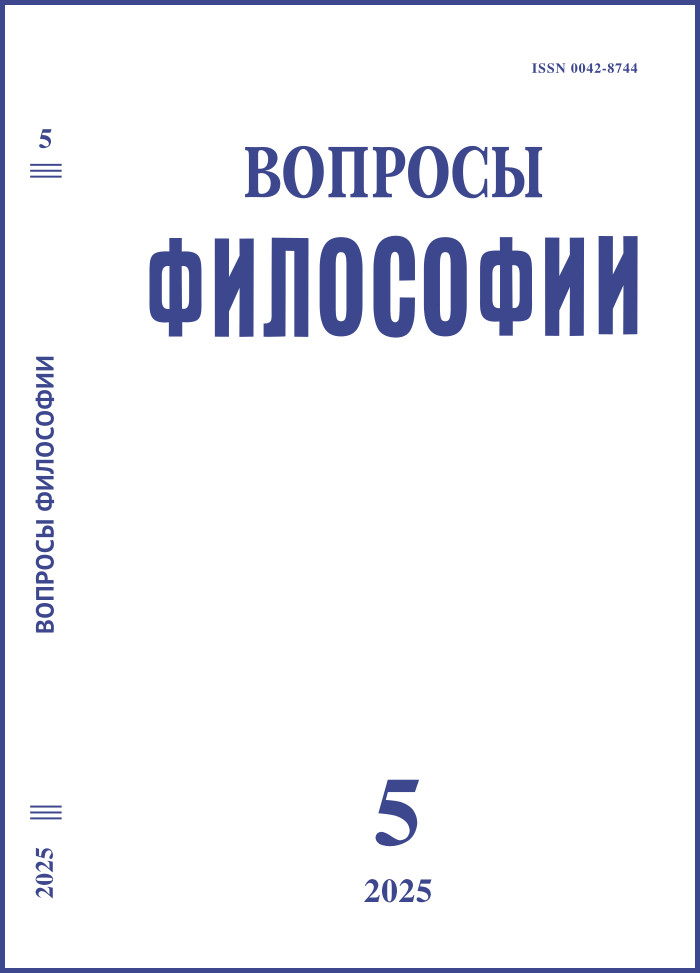A Post-Romantic Syndrome: Heinrich Heine
DOI:
https://doi.org/10.21146/0042-8744-2025-5-84-95Keywords:
Heine, Goethe, Friedrich Schlegel, Ludwig Tieck, Novalis, Hoffman, Romanticism, literature, poetry, Christianity, CatholicismAbstract
The article is devoted to the analysis of the book “The Romantic School” by Heinrich Heine. In it, the author’s repudiation of his Romantic affiliation and his criticism of earlier Romantic authors are curiously intertwined with his nostalgia for Romanticism and his acute understanding of Romanticism as an artistic phenomenon. In his youth Heine was a Romantic, wrote works of a Romantic orientation, and had a Romantic attitude to reality. His Romanticism was based on his lyrical attitude to nature, his idealization of rustic life and on German folklore. According to Heine, the origins of Romanticism go back to medieval Christian literature, in which he sees true Romanticism. Heine saw the essence of Romanticism in the abasement of corporeity and elevation of the spiritual principle in the human being; in the symbolism of Christian art; in a striving to express the infinite; and in pure spirituality. The example of Romantic style in architecture, according to him, was the Gothic style, and he contrasted it with Renaissance art as opposed to medieval spiritualism and mysticism. Heine himself was uneasy about medieval “Romanticism”. He criticized the principal representatives of the earlier generation of Romantics for their fascination with Catholicism and medieval Christian traditions in art. He contrasted the aforesaid Romantics with the creative work of Goethe and Schiller, as well as some works of the Romantics that had roots in German folklore. Heine understood the essence of Romanticism well and enumerates its main traits in this work. However, he himself repudiates it, reproaching the Romantics for their lack of interest in contemporary life, and specifically in the life of the common people. He saw the future of literature in paying attention to real life and fighting for the progressive ideals of humanity.

